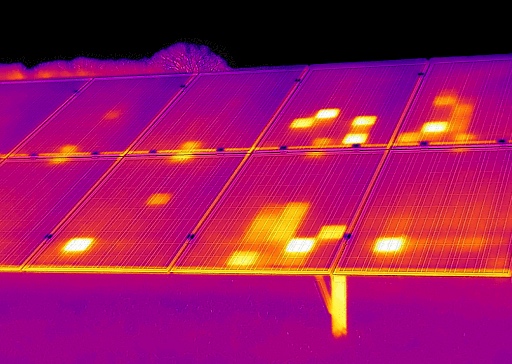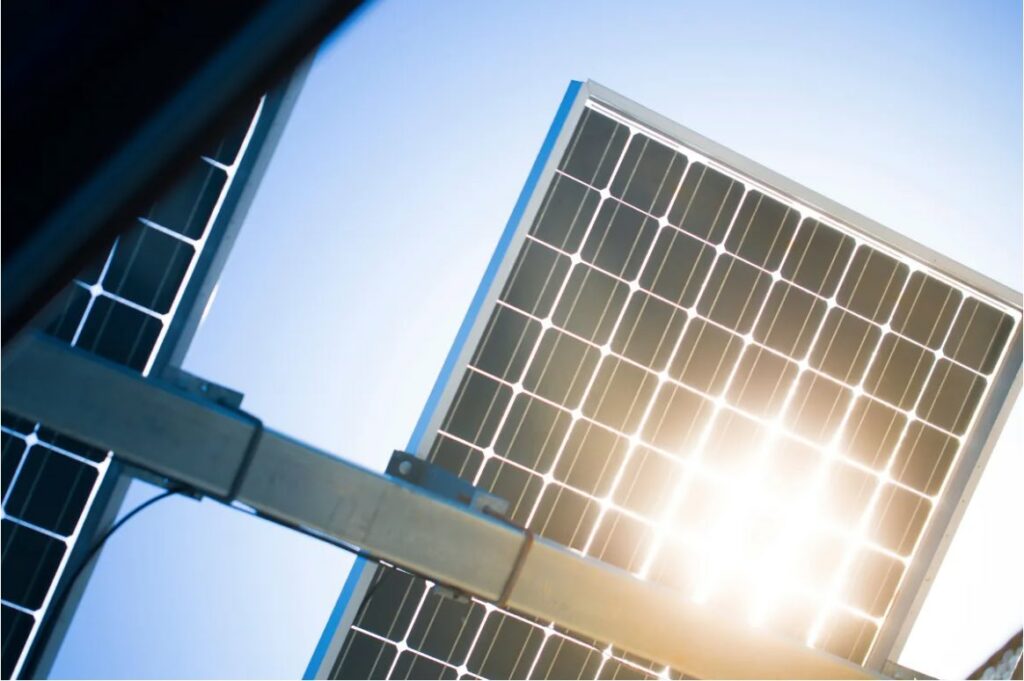A solar system is purposely aimed directly at the sun, but if it gets too hot, does the temperature affect solar panels? For anyone who has invested in a solar panel system or is considering doing so, it is important to know that temperature can affect the solar panel’s efficiency. When you buy a solar system, the given efficiency is not necessarily what you will get.
As many Australians live in a warm climate, it is especially relevant to know about the effect temperature may have on the solar panel system.
Here is everything you need to know!
In what way will temperature affect your solar panels?
Most solar panel manufacturers are testing their panels in an environment that holds a temperature of around 25 degrees Celsius. All solar panels found on the Australian market are performance tested at this temperature.
The peak efficiency of the solar panel will usually take place when the temperature is between 15 and 35 degrees Celsius. However, the panels may reach a much higher temperature – especially during the summer.
A solar panel might reach temperatures up to 65 degrees Celsius when the sun is shining and the weather is hot. If the surface temperature of a solar panel reaches this temperature, the panel efficiency might be affected negatively.
In other words, the solar panel will produce less electricity the hotter it gets.

Factors that may affect the solar power yield potential
When calculating the yield potential of a solar panel, there are many factors to consider. Among these, we can mention both the temperature coefficient, installation type and ambient temperature.
The solar panel temperature coefficient
All solar panels on the Australian market have a temperature coefficient. This number represents the underperformance rate that is registered for every degree the temperature increases. The test is performed in a laboratory under controlled conditions.
The majority of solar panels will have a temperature coefficient that is somewhere between -0.2 and -0.5% per degree Celsius. The lower the temperature coefficient (as close to 0 as possible), the better the panel performance during the heat.
Let’s take a look at an example: If you buy a solar panel with a temperature coefficient of -0.4% per degree Celsius, this would cause an output reduction of 26% if the temperature reaches 65 degrees Celsius (-0.4% x 65).
The installation type and ambient temperature
The type of installation can also affect how efficient your solar panel is during heat. Most solar panels are installed on the rooftop, where the temperatures often will get significantly higher than the ambient temperature.
If the space and airflow between the panels and the rooftop are at a minimum, this will often cause the panels to be less efficient. This is caused by the greater temperature rise.
If you install a rack-installation, this will usually allow you to have a gap of at least 150 mm between the panel and the roof’s surface. The increased airflow will ensure that the panel is cooled down more efficiently than in the case of a fixed installation.
Alternatively, you could choose a pole-mounted solar panel installation. The panel will then be installed in a free-standing frame. This solar installation type will ensure the most effective cooling and better solar efficiency.
The expected temperature rises with different types of solar installations:
- Roof fixed panels: 35 degrees Celsius
- Rack-type installation: 30 degrees Celsius
- Pole-mounted installation: 25 degrees Celsius

How to calculate the temperature derating of a solar panel?
As soon as you know your installation type, the panel’s temperature coefficient and the ambient temperature at your location, you will be able to calculate the temperature derating of your panel.
If the temperature coefficient of your solar panel is -0.4% per degree Celsius, the ambient temperature is 28 degrees Celsius (we add +30 degrees Celsius for a rack-type panel) and the temperature the panel is tested in is 25 degrees Celsius, the calculation would be as follows:
- Panel temperature = 28 + 30 = 58
- Minus the tested temperature = 58 – 25 = 33
- Multiplied by temperature coefficient = 33 x -0.4%
- Temperature derating = 13.2%
You may also use a solar calculator to find the expected temperature derating in a fast and easy way.
Conclusion: How does temperature affect solar panels?
When buying a solar panel, you should know that the temperature might affect the efficiency of your panel significantly. In case of extreme heat, the efficiency might be reduced by 26%. The hotter the panel temperature gets, the less effective the panel will be.
The factors that affect the heat tolerance of a solar panel, are the temperature coefficient given by the manufacturer, the installation type and the ambient temperature.
Some solar panels can withstand heat better than others. If you buy a high-quality solar panel, it will normally tolerate heat better than low-quality models.
Find a solar panel that is optimised for your climate!